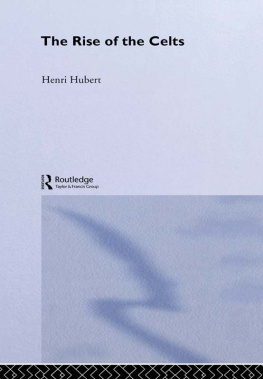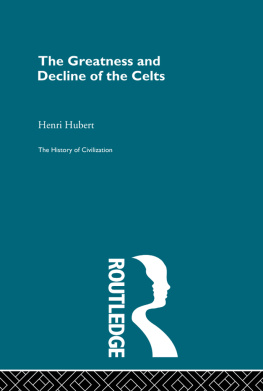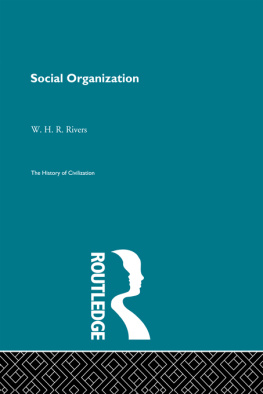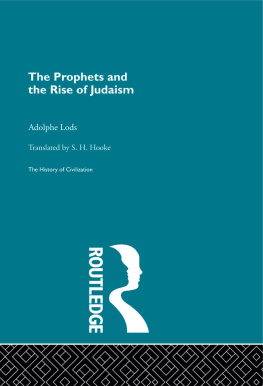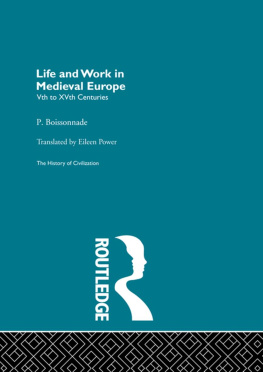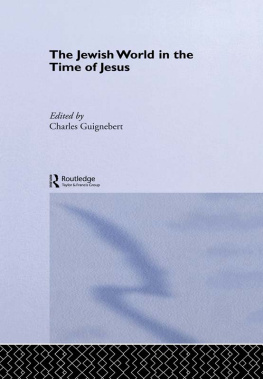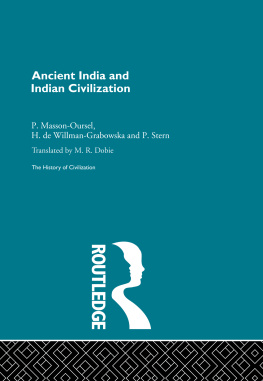THE HISTORY OF CIVILIZATION
THE RISE OF THE CELTS
THE HISTORY OF CIVILIZATION
General Editor C. K. Ogden
The History of Civilization is a landmark in early twentieth Century publishing. The aim of the general editor, C. K. Ogden, was to "summarise in one comprehensive synthesis the most recent findings and theories of historians, anthropologists, archaeologists, sociologists and all conscientious students of civilization." The History, which includes titles in the French series LEvolution de lHumanit, was published at a formative time in the development of the social sciences, and during a period of significant historical discoveries.
A list of the titles in the series can be found at the end of this book.
PLATE 1
THE DYING GAUL
Capitoline Museum, Rome
First published in 1934 by Routledge, Trench, Trubner
Reprinted in 1996, 1999 by Routledge
2 Park Square, Milton Park,
Abingdon, Oxon, OX14 4RN
270 Madison Ave,
New York NY 10016
Transferred to Digital Printing 2005
1996 Routledge
All rights reserved. No part of this book may be reprinted or
utilized in any form or by any means electronic, mechanical,
or other means, now known or hereafter invented, including
photocopying and recording, in any information storage
or retrieval system, without permission in writing
from the publishers.
British Cataloguing in Publication Data
ISBN: 0-415-15601-7
ISBN European Civilization (11 volume set): 0-415-15616-5
ISBN History of Civilization (50 volume set): 0-415-14380-2
FOREWORD
THE EXPANSION OF THE CELTS
W ITH the Celts a very important factor enters into the history of civilization, and a much-expected work appears in this seriesexpected for the subject's sake and for the author's.
About this racial group, and the capital part which it played in European history, it was known that the best-informed scholar, whose knowledge was both widest and most profoundly thought out, was Henri Hubert. Now Hubert died four years ago, and many despaired of ever seeing the work announced under his name.
It appears, with a long and grievous story behind it. The main part of the work in Hubert's own words, was done in 1914 (his letter of the 15th June, 1915). After the unavoidable interruption of the warduring which he did valued work chiefly with the Ministry of Armamenthe hastened to pick up the threads, and on the 5th January, 1923, he wrote to me : To-day I wrote the last line of my last chapter. He added : Now I have to take up the whole thing again, to cut, patch together, and check. Various circumstancesa cruel loss, family concerns, and ill-health which gradually grew worsedelayed this work of revision, which he was carrying on at the same time as he was preparing his book on the Germans. In July, August, and October, 1925, he sent me neivs which was at once reassuring and saddening. I am at work. I progress slowly but surely. I was kept in bed all May. I am gradually climbing up the hill My work progresses steadily, but in very adverse circumstances. I have got rid of all my lectures. You can therefore count on me to the full extent of my will. But it seems that an evil fortune dogs me, and I do not know what it still has in store for me. On the 9th October, 1926, he again reassured me. All intensive work upsets me, whatever it is. But I have done a little work, all the same, and I shall be able to do more. I cannot tell you when I shall have finished. It would be absurd. But it cannot be long now.
On Wednesday, the 18th May, 1927, he was once again telling me how his task had progressed, and concluded, It is obviously not easy to write the history of the Celts to-day. But that is done. It is chiefly mechanical work which remains On Thursday, the 26th, a note from our common friend, Marcel Mauss, told me that he had just died of a heart attack. And Mauss added a detail which was very affecting for me: The manuscript of the Celts was on his table; he had been working at it on Tuesday.
Three devoted friends undertook to prepare the manuscript for publication. For four years they have in turn given up to this duty all the time which they could afford. One of them, in pages which you will read later, tells the exact share of each. That this work should appear, representing Hubert's scientific testament and giving an idea of his knowledge and his talents to a large public which was not reached by his learned treatises, is a great satisfaction to all his friends. But that it should appear after his death, and that he should not reap the harvest of success and esteem which he may not have sought, but had at least slowly earned, is a great grief to those who had grown attached both to the scholar and thinker and to the manthe man of heart, the man of taste, the rare and most attractive personality.
From his youth onwards Hubert had won many strong friendships. One of the close intimates of his years at the Ecole Normale has told how far his ability rose above the lessons which he was doing at that time, how much more mature he was than his fellows, being already sure of his vocation and his methods. Another chosen brother has related his lifetoo short, but so full of work and thought.1 The beginnings, the achievement of ancient or primitive peoples, both of an intellectual and of a material kindlanguages, categories of thought, religions, arts, toolswere what gradually came to compel his interest, which was at once very wide and very penetrating. Much travel, including a voyage round the world which enabled him to see various types of man and to become acquainted with the chief institutes and museums of ethnography, prehistory, and archceology, brought him and kept him in touch with the realities of mankind, past and present. His mind was thereby enriched and stimulated. Work on the Semitic religions, a class in the history of the primitive religions of Europe at the Ecole des Hautes-Etudes, a class in national archceology at the Ecole du Louvre, Celtic research connected with his post as Keeper at the Saint-Germain Museum, active collaboration on the Annee sociologique, ivere the expression of his keenness to know and to understand. Hubert was a historian in the strongest sense of the word. His whole career was inspired by the spirit of synthesis. He was a born collaborator for this series, and he was one of the first to promise me his wholehearted assistance

